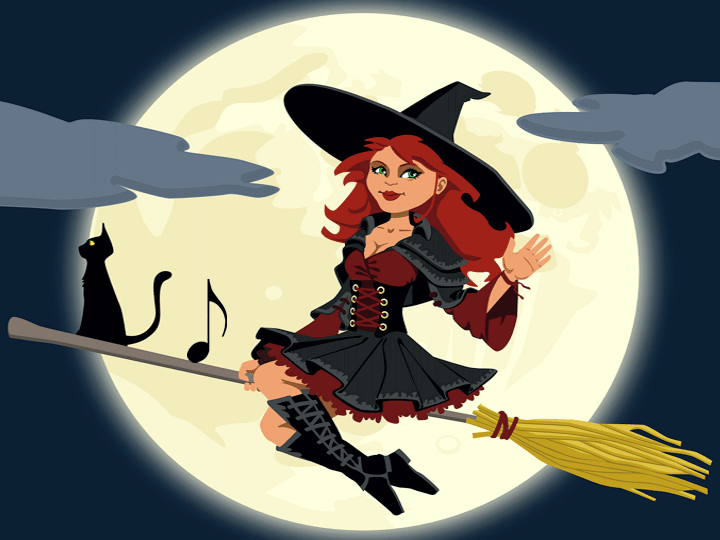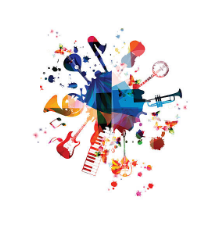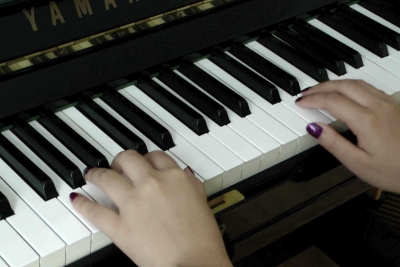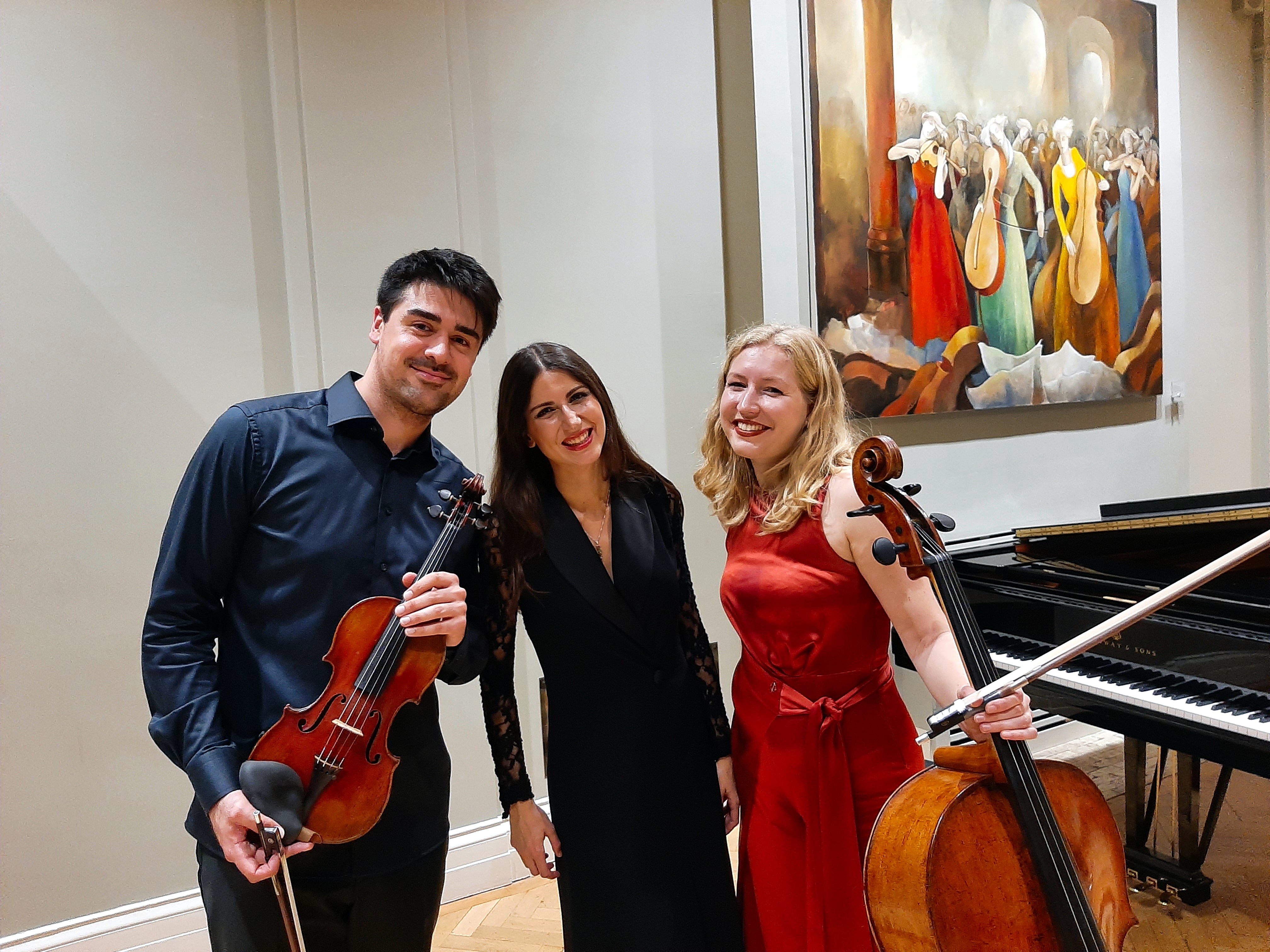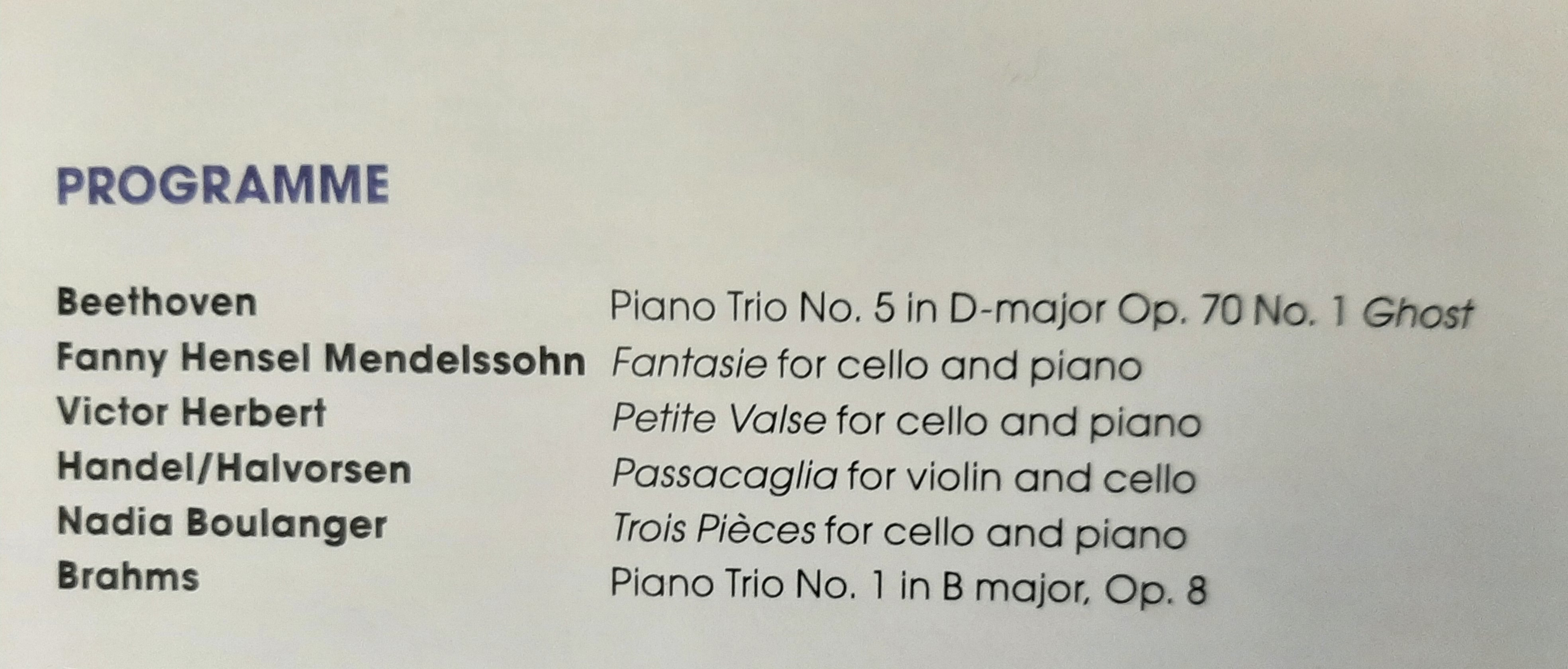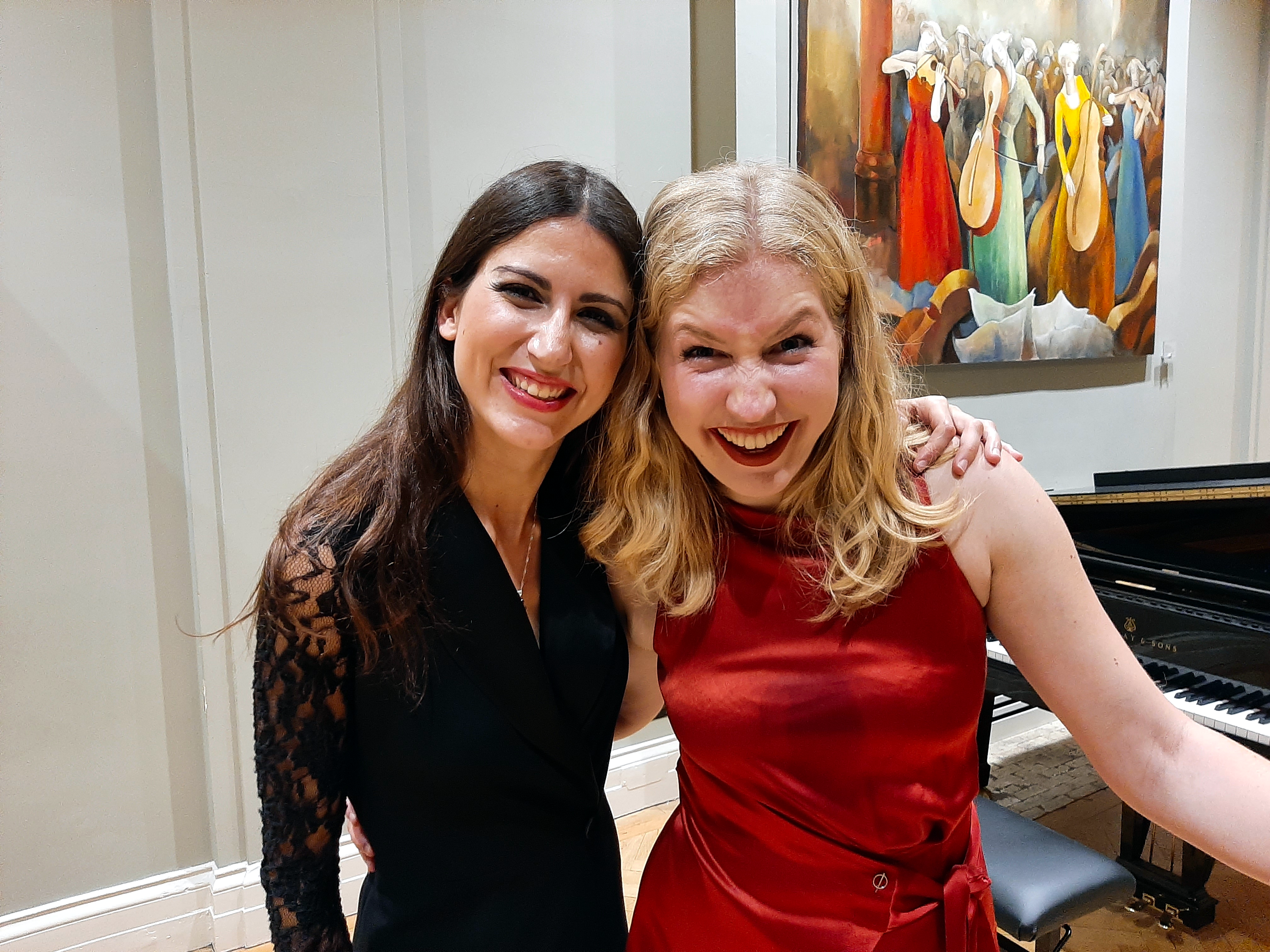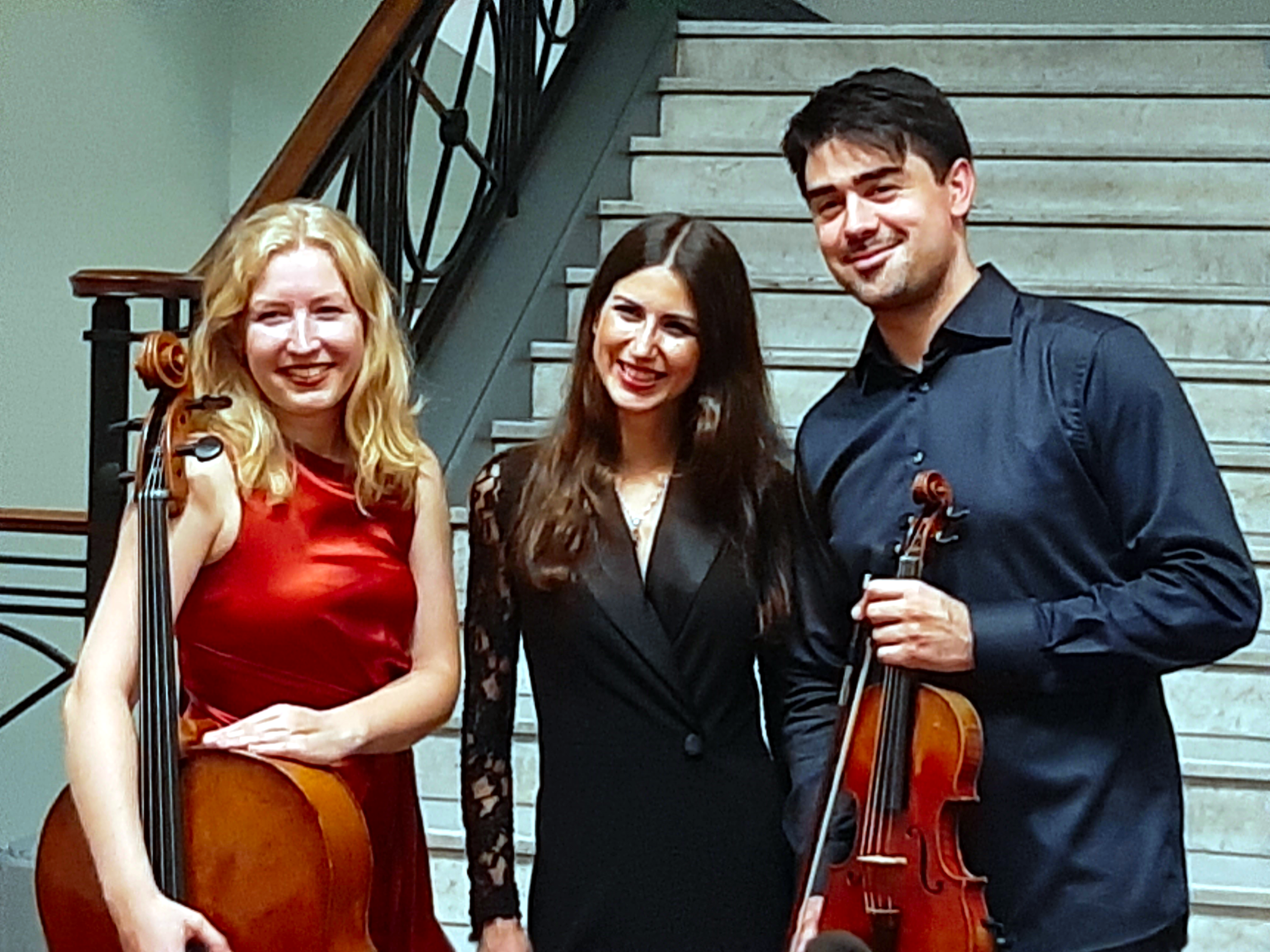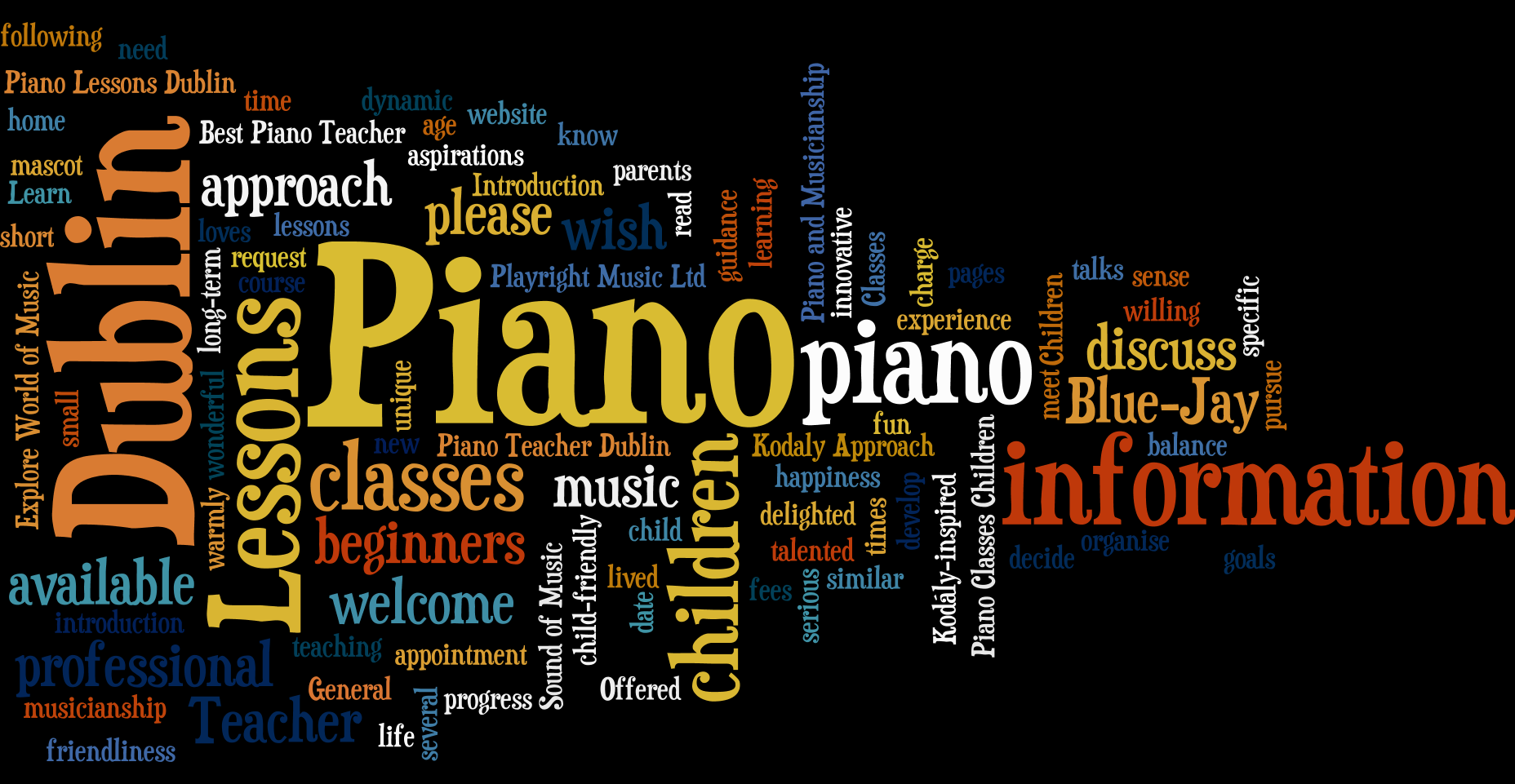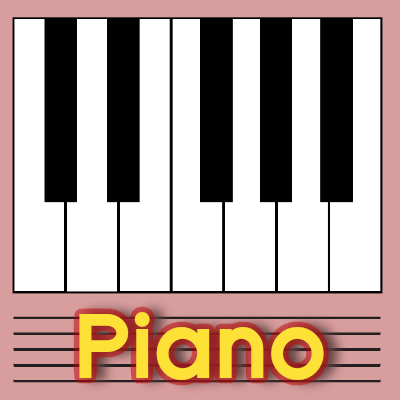
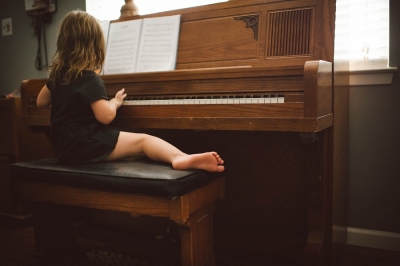
Some suggestions from an experienced piano teacher
to help you learn to play the piano very well
The tips on this page will help anyone considering piano lessons with a teacher. The tips will also help the self-directed learner.
Even some experienced pianists may find some of these tips useful!
Jump through the Contents with these Links
-
Playing the Piano is a Skill
-
Learning to Play a Tune on the Piano
-
Learning Music Performance Requires Both Knowledge and Skill-Building
-
Free Piano Lesson: Learning to Play Your First Piano Piece
-
Higher Levels of Attainment
-
Legato and Staccato
-
Finding a Good Piano Teacher Nearby
-
Best Piano Lessons Dublin
Playing the Piano is a Skill
Do you remember when you were young and did not know how to ride a bicycle, or to tie your shoelaces, or to write with cursive letters? These are examples of everyday skills that most of us learn at appropriate stages of our development.
We would not expect a toddler to ride a bike, or tie shoelaces or do any writing at all. In good time, the toddler matures to being a young child who may observe someone doing these things and then start learning how to do these skills independently. The first stage of learning is observation and consideration. At this stage we use our imagination to create mental pictures of being able to do the skill and thinking about how proud we would be if we had mastered this skill. Our mind is very preoccupied with the issue of how we can master these tasks. Our mind returns to these thoughts many times each day until we master the task. You may remember how a new song stays in your head for days after you only listen to it once or twice. This is the type of mental devotion required as a preliminary step to mastering any skill or task.
Later, we may make first attempts. Often these first attempts end in failure. But we keep trying until we get some success — enough to be encouraging and help us know that mastery is coming. We continue trying with many efforts. Our rate of success tends to improve relative to the number of times we try to complete the task. The idea of future mastery keeps us trying and trying. It might be many days or weeks or months before we succeed in completing the task for the first time by our own efforts, without help from others. The sense of achievement is a wonderful feeling! Yet, after a short while, we start working on the next thing to master.
Learning to Play a Tune on the Piano
The steps of learning to play a tune on the piano can be described as
- Chunking
- Repetition
- Muscle Memory
- Awareness of Flow
Piano playing is a skill with similarities to the above examples of skills mastered during childhood. Perhaps piano playing is even more complicated than riding a bike or tying shoelaces. When you master tying a shoelace, the task is complete to the point that you never have to learn it again. With the piano, you will learn to master easy tasks before more difficult tasks. Mastery takes many years of incremental skill-building. You will find enough to learn about playing the piano to keep you busy for a lifetime! For example, in the early stages of learning to play the piano you might learn to play a simple tune — such as one that you know from singing already. A good first song might be Hot Cross Buns. This song requires using only 3 fingers. It requires two different playing techniques: walking and dancing. The walking parts are used to perform the first line. The song features repetition so the second and fourth lines are exactly the same as the first line. The contrasting third line features repeated keys and so requires the vertical dancing movements of a flexible wrist. As you can see, these techniques have to be practised, and this practise consists of habit forming and muscle memory. Hundreds of repetitions support the possibility of reliable fluency. Learning approaches that promote positive learning outcomes include chunking i.e. splitting the whole into manageable pieces that are mastered easily. Each chunk has to be mastered with much repetition. It is the number of repetitions that will help you achieve a level of performance known as muscle memory. Then these chunks have to be joined up to be performed with a sense of flow.
The number of repetitions leading to mastery of each of these chunks will be different for each person. If they are counted, then the learner gets valuable self-knowledge about how learning happens: how many repetitions lead to mastery. Eventually — as learning itself is a skill — learning becomes more efficient and the number of repetitions may be reduced. Good pianists usually enjoy doing this type of work. They like noticing how learning happens for them and enjoy the fact that they get better in many small ways each day. Daily practising is part of a musical life.
To summarise, the approach to learn a simple song on the piano involves chunking, repetition, muscle memory and awareness of flow. Other learning support may come from being able to read music notation and interpret such notation in ways that are artistic and special. A strong sense of rhythm is also required so you can play with a steady pulse. This helps with your awareness of flow.
► to contents
Learning Music Performance Requires Both Knowledge and Skill-Building
A very good piano teacher will know when to teach you so you learn new knowledge, and when to be a coach, encouraging you and setting targets for you to do well quickly. If you learn by yourself, you may make good progress initially. Self-guided learning works well for some people. However, it is more likely that you will make faster progress with a mentor: a piano teacher with the experience to guide you well. It is the experienced teacher who will lead you on a well-structured course, learning in incremental steps in a proven sequence. Such teaching matched with carefully graded repertoire is what will help you make progress steadily, as long as you do some daily practice. Being a pianist requires being a pianist each day! It takes daily practice sessions to keep the skill of piano playing on your mental agenda. The mind can easily be engaged/distracted with anything new. Daily practice sessions help to make music occupy part of your mental curiosity even after music is new for you.
In the next section we deal with how you can teach yourself piano, at least to learn a simple tune!
Free Piano Lesson: Learning to Play Your First Piano Piece!
If you have never tried to play a tune on the piano, why not try Hot Cross Buns. You can see how long it takes you to master it: to get it to flow the same way you might sing it. The sooner you start, the sooner you will have mastered it and be ready for the next tune. Even if you have to try and try, you would be best-advised to enjoy the process, and try to have a disposition that accepts small victories with happiness as you travel towards the larger victories.
Here is the music notation for Hot Cross Buns.
While the image may look fuzzy on your screen, clicking on it will lead you to a high quality PDF file that you may print to use on your music stand or at your keyboard or piano.
Even if you do not understand the notation fully yet, you may find it helpful that sol-fa is placed above the notes.
m = me; r = ray; d = doh
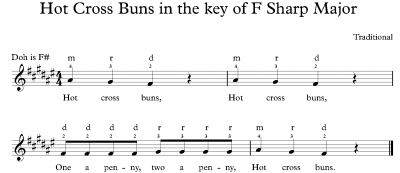
In this setting, the notation places me, ray and doh on the three black keys (the set of three black keys on the keyboard to the right of the centre — the group of three black keys to the right of the keyhole). Can you work it out? The little numbers above each note are known as 'fingering' and they tell you which finger to use depressing each key.
Have fun! Let us know how you get on in the comments below!
► to contents
Higher Levels of Attainment
When you feel you can play the piece from start to finish without any hesitation, it is only then that you are ready to start more intensive drill and practise. Your intention at this stage is to go beyond being able to perform without mistakes, but to play with a more relaxed technique, with less physical effort. For example, if your finger action for depressing each key is starting high above the key, you could try to depress the key from the key surface – aim to have all your fingers in contact with the keys throughout the whole performance. You may find it helps if you hold your elbow just a little above the height of the keys. In this easy piece there is no need to lift your hand off the keys for any reason. But try not to play any sound during the rests! The fourth beats in bars 1, 2 and 4 are silent.
Legato and Staccato
Remember there are two techniques to apply in this song: the walking style where you play legato — each sound connecting smoothly to the next — and the dancing style where your fingers play the passage with repeated keys using wrist staccato. The wrist staccato may start from a little above the key, but using this technique with less effort can work very close to the key or even from the surface of the key. Try to get your fingers working from the knuckles and not from your elbow! Experiment with this so you find your own way of least effort!
Finding a Good Piano Teacher Nearby
If you live far away from anyone else, you may have to follow a path of self-directed learning. Alternatively, you might wish to have online piano lessons. Otherwise, you might do a search on Google for ‘piano lessons near me’ or ‘piano classes near me’. Hopefully you will be matched with a good teacher who will help you make on-going progress for the long term.
If you need a really good piano teacher, you could visit our website and see what piano lessons we offer. You could even fill in one of our forms to put your name down for the next term. We will include you in our invitations for our next open day when we meet new piano students to discuss the details. Perhaps we will meet you soon if you live in or close to Dublin! 
If you are a parent searching for the best type of piano classes to introduce your child to the world of music, then you may like to read more about our Introduction to the Piano classes for young beginners.
► To read more about best quality piano lessons, visit the website of piano teaching specialists Playright Music Ltd.
